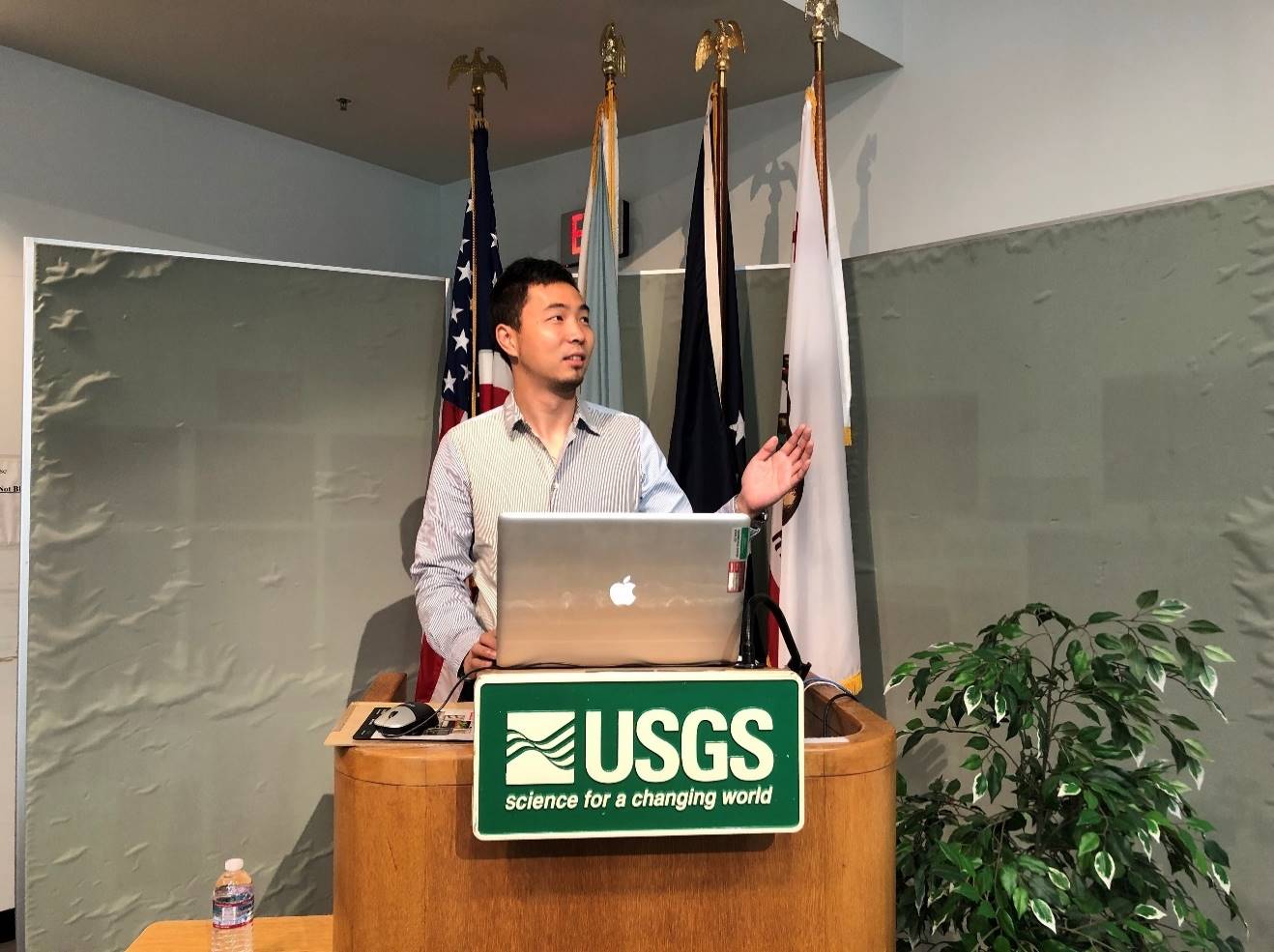Stephen Wu
The Institute of Statistical Mathematics, Research Organization of Information and Systems, Japan & The Graduate University for Advanced Studies, Japan
Abstract: Machine learning has shown a great potential to speed up the costly process of discovering novel functional materials. By using an inverse molecular design algorithm based on Bayesian inference, we demonstrate our study on the discovery of new polymers based on limited amount of data. The achievement was made possible by the interplay of machine learning models trained with polymer databases, domain expertise from organic synthesis and thermochemistry, innovative laboratory synthesis, and advanced thermophysical property measurements. Our method, called iQSPR-X, is currently implemented inside an all-in-one materials informatics platform in Python (XenonPy). Different from other machine-learning-based molecular design methods, iQSPR-X provides a flexible, easy-to-use, and extensible platform for users to build customized molecular design algorithms using pre-set modules and a pre-trained model library in XenonPy, which will be shown in our examples.


Dr.Wu received his PhD degree from the Department of Mechanical and Civil Engineering at the California Institute of Technology. Afterward, he researched on hierarchical Bayesian models for molecular dynamics and pharmacokinetics problems as a postdoc in the Computational Science & Engineering Laboratory at ETH-Zurich for one and a half year. Currently, he is an assistant professor at The Institute of Statistical Mathematics in Japan. His research focuses on Bayesian modeling and machine learning applications on materials informatics and civil engineering.
Email: stewu@ism.ac.jp